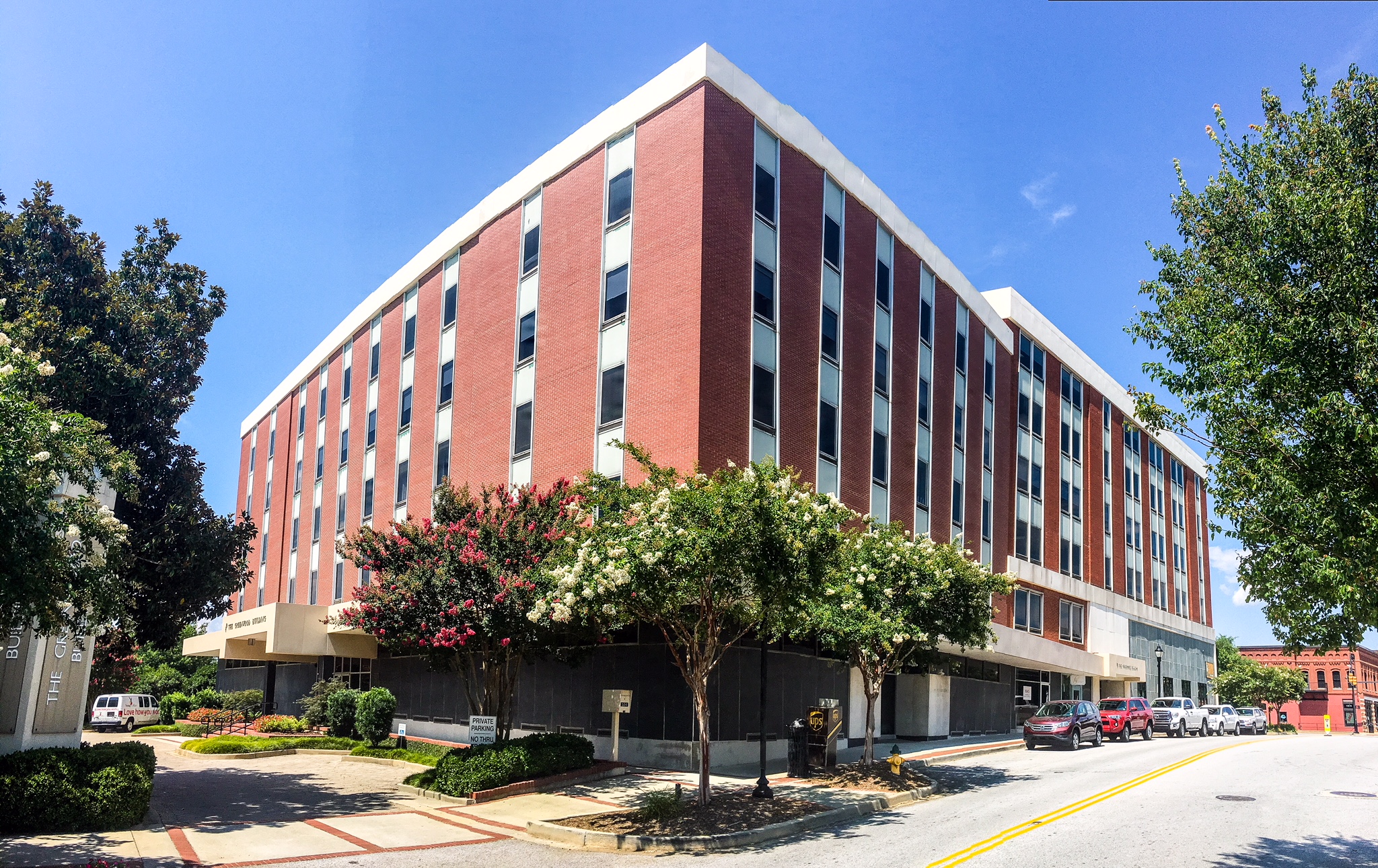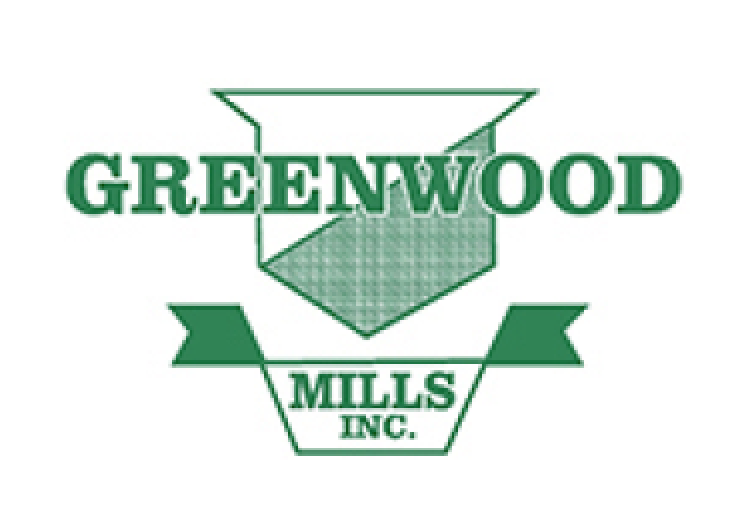“Start with the best cotton you can buy, the finest machinery made and the best people there are to operate this equipment.” – James C. Self, Sr.
Throughout many changes in the American textile industry, Greenwood Mills has always stayed one step ahead – of market forces, of new technologies, and of process innovations. Thanks to the leadership and steady hand of the Self Family, Greenwood Mills continues to be an industry leader and a pillar of its community.
The Greenwood Mills story is one of an iconic South Carolina business whose commitment to quality remains the cornerstone of its success.
1889: William L. Durst and John K. Durst establish Greenwood Cotton Mills. The company launches with 2,500 spindles, 84 looms, and 75 employees. The mill rapidly expands, adding four other Greenwood-area plants over the next decade.
1908: James C. Self invests in Draper looms – the best technology available at the time. This acquisition kicks off an era of expansion for the company. It becomes one of the first textile companies in the country to adopt long draft spinning – allowing for better quality yarns, economies of scale, and lower operating costs.
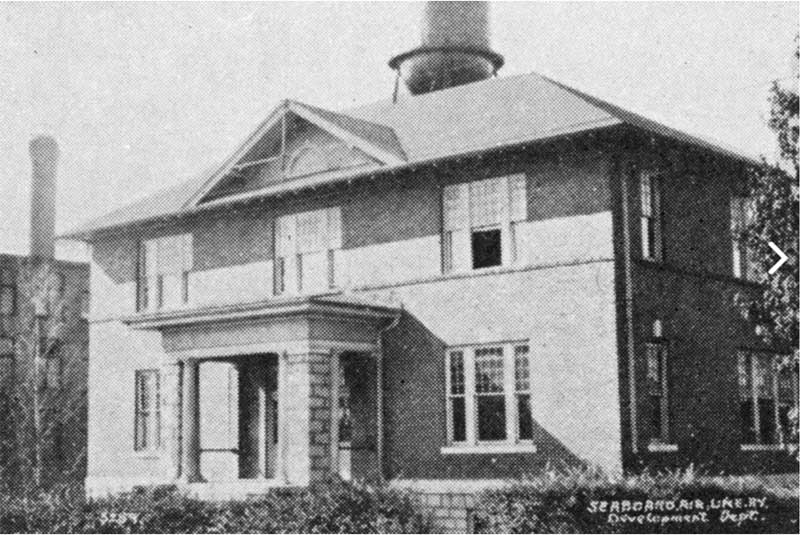
1921: Even in the wake of World War I, Greenwood Mills continues to expand. Its financial position is stronger than many other textile companies in the nation. That same year, it purchases another mill, in nearby Ninety Six, SC.
1930: Greenwood Mills doubles its capacity after purchasing Grendel Mill No. 2, later renamed Mathews Plant. Within seven years, Mathews would become the largest spun rayon fabrics plant in the world.
1935: James C. Self becomes the sole owner of Greenwood Mills.
1941: At the onset of American involvement in World War II, Greenwood Mills becomes the only mill capable of producing military-grade poplin. This defining moment would establish a trusted relationship with the United States Armed Forces that continues to this day.
1942: Mathews Plant produces more than 40 million yards of military-grade poplin. Its efforts are recognized with the first of four Army-Navy “E” Awards. During the war, the three Greenwood plants would produce more than 100,000,000 yards of cloth for the military – enough to go around the earth twice.
1942: The Self Foundation is founded. Demonstrating a profound commitment to the local community and economy, the Foundation would go on to build the Self Memorial Hospital and contribute more than $60 million to grantees in the Greenwood area.
1946: Greenwood Mills, Inc., founded a selling house for the mills’ products. From this time through the 1970s, the company would open eight additional plants specializing in weaving, knitting, finishing, and dying – as well as its first international location in London.
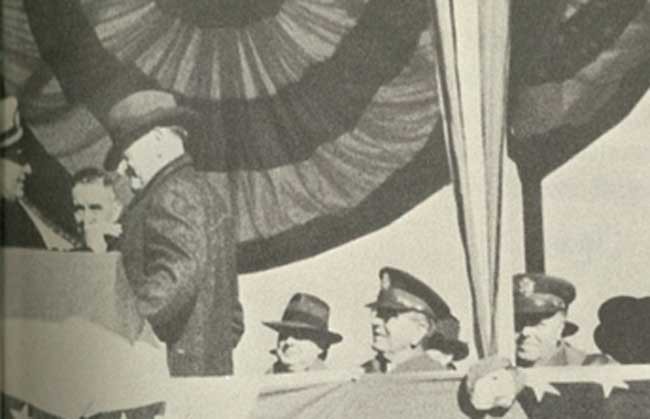
1979: Levi Strauss votes Greenwood Mills “number one on quality, customer service and on-time delivery.”
1984: Greenwood Mills enters the denim fabric business with the purchase of Liberty Manufacturing and Lindale Manufacturing.
1986: In recognition of his leadership, business acumen, and pivotal role in the economy of his state, James C. Self is inducted posthumously into the South Carolina Business Hall of Fame.
1987: Greenwood Mills purchases Cookeville Uniform/Aquatech, Greenwood’s first foray into garment processing. Two years later, the company would acquire the Permna Color Corporation, continuing to lead the way in capability expansion. Levi Strauss would ultimately recognize Permna for outstanding quality levels in wet processing.
1989: During its centennial celebration, Greenwood Mills becomes the largest greige goods producer in the United States. In recognition of his immense achievements and the company’s remarkable growth, J.C. Self is awarded the Order of Palmetto, South Carolina’s highest civilian honor.
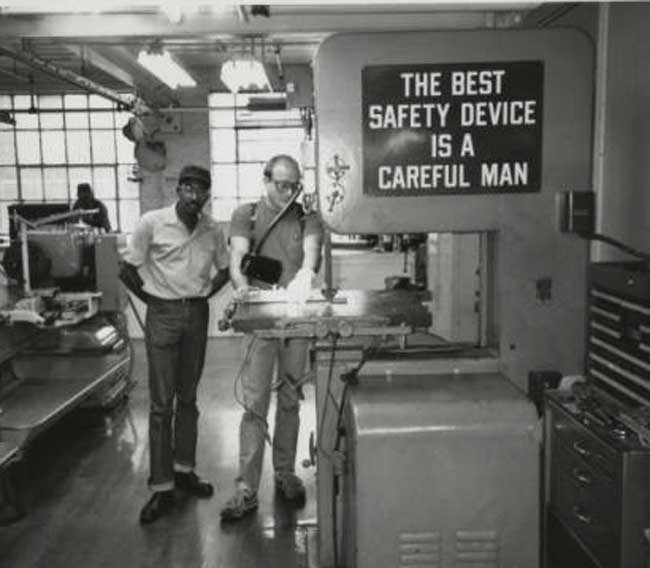
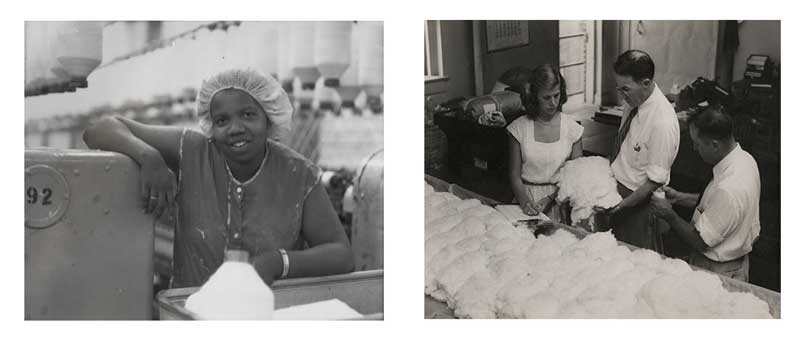
1992: As globalization brings buyers and sellers closer together, Greenwood Mills opens a sales office and warehouse in Hong Kong. The following year, Greenwood Mills begins a joint partnership with Jeantex, a denim manufacturer in Venezuela.
1994: Greenwood Mills launches SingleSource Apparel, one of the largest non-branded denim apparel manufacturers.
1995: Greenwood Mills signs a joint venture with Industrias Jobar in Mexico, augmenting the size and capacity of SingleSource Apparel. SingleSource remains a primary supplier in the Western Hemisphere for brands such as Hollister, Abercrombie & Fitch, Levi’s, etc.
1997: The South Carolina Chamber of Commerce names Jim Self Business Leader of the Year.
2017:
GMI Management Services, Inc., a wholly owned subsidiary of GMI Holding, Inc., was formed to provide administrative and operational support for Greenwood Mills, Inc., Single Source Apparel, Inc., Re-Source USA, LLC and other related companies. The GMI Management Services, Inc. staff relocated to 104 Maxwell Ave., Suite 400 in July of 2017.
Today: Greenwood Mills remains the gold standard for textile companies. Throughout its long history of performance, innovation, and adaptation, the company has never compromised its values. That’s why its customers keep coming back – and why the Greenwood Mills name will represent the highest quality fabrics for decades to come.
